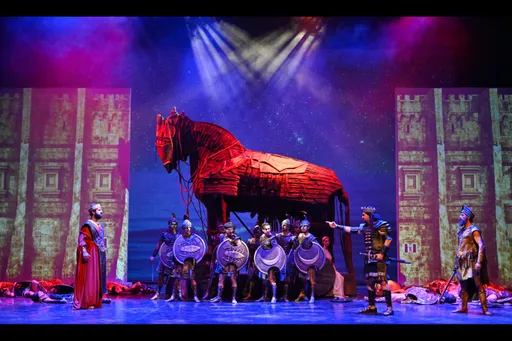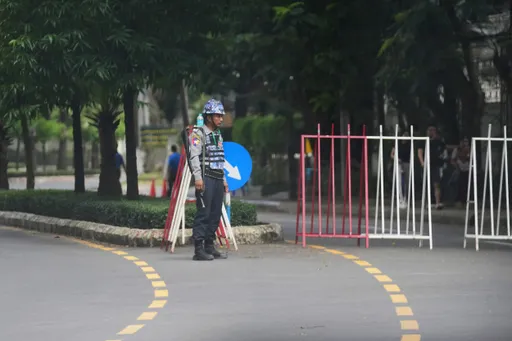Sultan Abdullah Sultan Ahmad Shah, of Malaysia's central Pahang state, was sworn in as the country's 16th king on Thursday, following the surprise resignation of Sultan Muhammad V of Kelantan on January 6.
A Southeast Asian country, located in the Malay peninsula and the island of Borneo, Malaysia is a former British colony, which gained independence in 1963.
A federation made up of 13 states, Malaysia is a constitutional monarchy and parliamentary democracy at both federal and state level.
Officially the king of Malaysia is the head of state, as well as serving as the supreme commander of the armed forces and also serving as the top cleric for the country's dominant religion Islam. The king is seen as the upholder of both Malay and Islamic values. He, however, has to act in accordance with the will of the cabinet and parliament.
The king's role in Malaysia is largely ceremonial. Some of his duties include swearing in prime ministers and issuing royal pardons, such as in the case of former deputy prime minister Anwar Ibrahim who was convicted of sodomy and corruption, who was released from prison last year.
The king is also responsible for promoting democracy to the federal states. What makes the Malaysian monarchy unique from other countries is that the king is crowned through an election process rather than succession through the bloodline.
Malaysia has nine royal households, who typically take turns to sit on the throne, and the selection of the next king is decided by a vote in the Council of Rulers, made up of all nine royal households.
There are also four state governors who attend the conference but cannot vote.
Nine hereditary sultans from each state take turns to be the monarch, called also ‘yang di-pertuan agong’ for five-year terms.
Although royalty is not directly involved in politics, it does have an influence over the political system.
Candidates and politicians generally try to raise and cultivate support from sultans as a way of influencing the voters.
However, not all politicians have had a good relationship with the monarchy. In the early Nineties, then prime minister Mahathir Mohamad withdrew the sultans’ absolute power to veto state and federal legislation through constitutional amendments.
It even curbed their legal immunity after a series of scandals and incidents involving the royals over the years.
Malaysia’s King Muhammad V abdicated on January 6, after two years on the throne. It is the first time a monarch has stepped down before completing their five-year tenure.
The abrupt departure of Sultan Muhammad V comes weeks after his marriage to a former Russian beauty queen that sparked intense speculation.
However, the palace did not give any explanation of why the king abdicated.
























